TMS
Recent articles
Remembering Mark Hallett, leader in transcranial magnetic stimulation
The long-time NINDS researcher, best known for studying movement disorders, has died at age 82.

Remembering Mark Hallett, leader in transcranial magnetic stimulation
The long-time NINDS researcher, best known for studying movement disorders, has died at age 82.
Noninvasive technologies can map and target human brain with unprecedented precision
But to fully grasp the tools’ potential, we need to better understand how electric and magnetic fields interact with the brain.
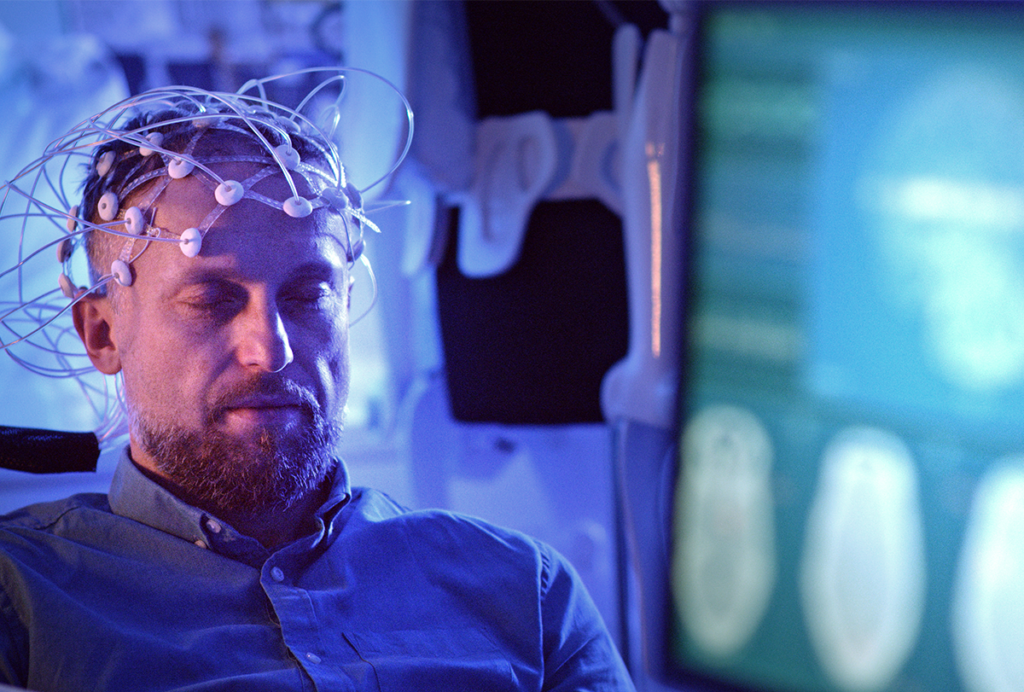
Noninvasive technologies can map and target human brain with unprecedented precision
But to fully grasp the tools’ potential, we need to better understand how electric and magnetic fields interact with the brain.
Rebooting Becky’s brain
An electrical brain implant all but erased the obsessions that had consumed Becky Audette, years after her autism diagnosis. Could similar implants help other people with severe autism?
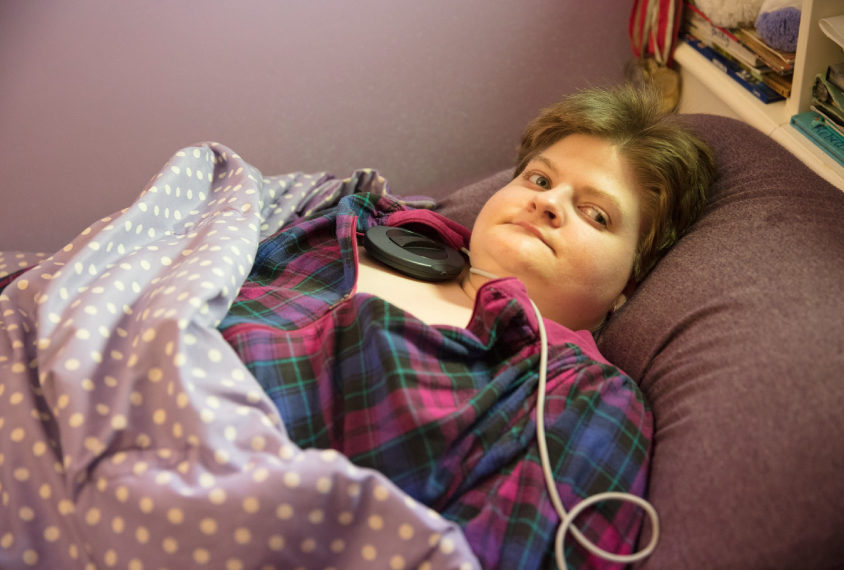
Rebooting Becky’s brain
An electrical brain implant all but erased the obsessions that had consumed Becky Audette, years after her autism diagnosis. Could similar implants help other people with severe autism?
Magnetic stimulation bares imbalance of activity in fragile X brains
Researchers have used transcranial magnetic stimulation to show that people with fragile X syndrome have weak ‘inhibitory’ signals, those that dampen neuronal activity in the brain.
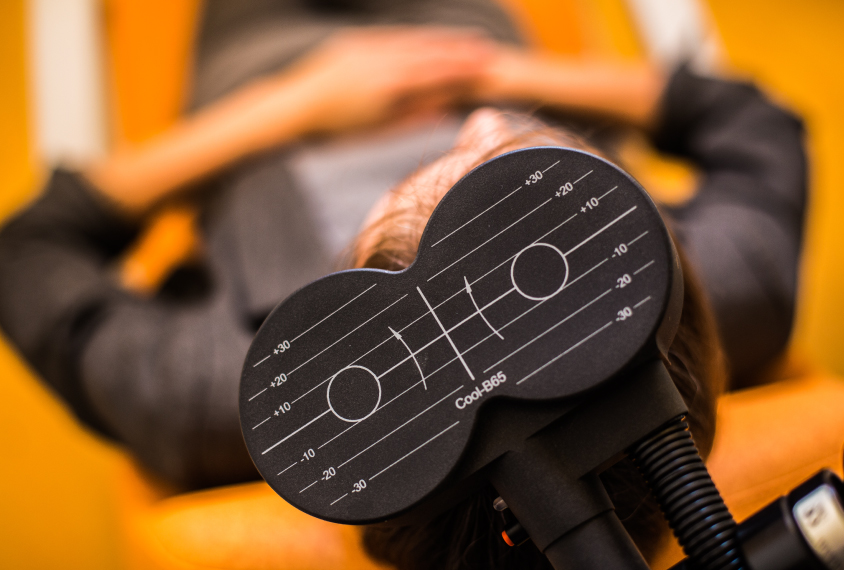
Magnetic stimulation bares imbalance of activity in fragile X brains
Researchers have used transcranial magnetic stimulation to show that people with fragile X syndrome have weak ‘inhibitory’ signals, those that dampen neuronal activity in the brain.
Takeaways from IMFAR 2016
Researchers, advocates and others from the autism community came together for the 2016 International Meeting for Autism Research in Baltimore.

Takeaways from IMFAR 2016
Researchers, advocates and others from the autism community came together for the 2016 International Meeting for Autism Research in Baltimore.
Reactions from IMFAR 2016
Scientists give their perspectives on work presented at the 2016 International Meeting for Autism Research.

Reactions from IMFAR 2016
Scientists give their perspectives on work presented at the 2016 International Meeting for Autism Research.
Magnetic promise: Can brain stimulation treat autism?
There are hints that transcranial magnetic stimulation, which uses electricity to change how brain cells function, might improve the symptoms of autism. But hopes are running way ahead of the facts.

Magnetic promise: Can brain stimulation treat autism?
There are hints that transcranial magnetic stimulation, which uses electricity to change how brain cells function, might improve the symptoms of autism. But hopes are running way ahead of the facts.
Flexible brain
Transcranial magnetic stimulation may provide a noninvasive approach to studying how connections in the human brain change in response to new information, and how that process is altered in autism, says Lindsay Oberman.

Flexible brain
Transcranial magnetic stimulation may provide a noninvasive approach to studying how connections in the human brain change in response to new information, and how that process is altered in autism, says Lindsay Oberman.
Magnet reveals differences in Asperger syndrome brains
A powerful magnet that alters brain activity has shown that a brain region responsible for language may function differently in adults with Asperger syndrome than in controls, according to a study published in the July issue of the European Journal of Neuroscience.

Magnet reveals differences in Asperger syndrome brains
A powerful magnet that alters brain activity has shown that a brain region responsible for language may function differently in adults with Asperger syndrome than in controls, according to a study published in the July issue of the European Journal of Neuroscience.
Explore more from The Transmitter
Alzheimer’s disease and autism; and more
Here is a roundup of autism-related news and research spotted around the web for the week of 12 January.
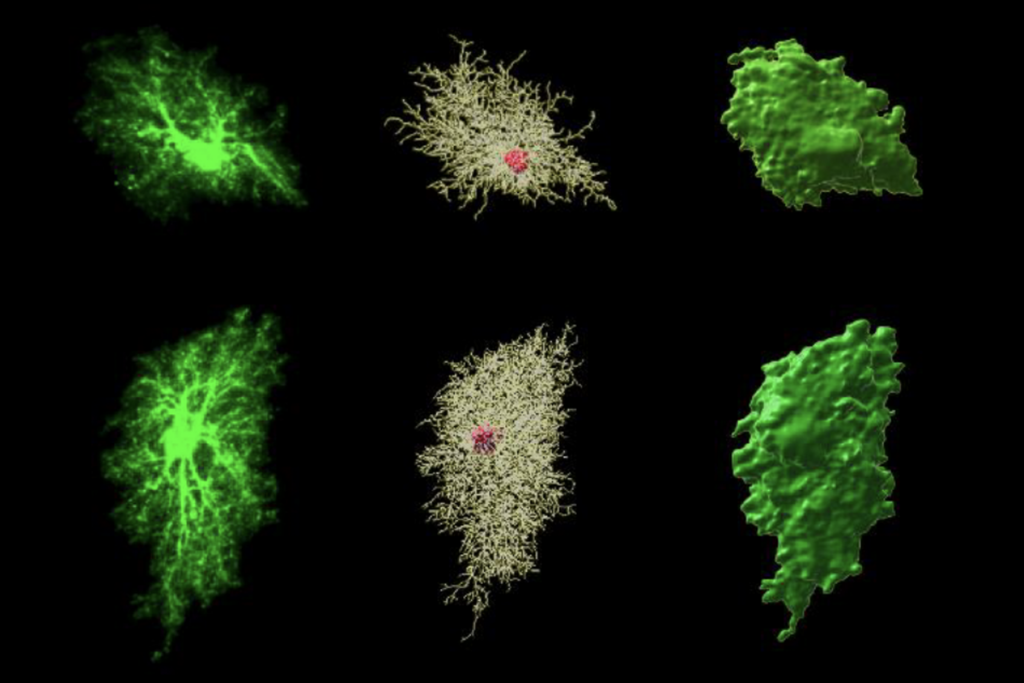
Alzheimer’s disease and autism; and more
Here is a roundup of autism-related news and research spotted around the web for the week of 12 January.
Computational psychiatry needs systems neuroscience
Dissecting different parallel processing streams may help us understand the mechanisms underlying psychiatric symptoms, such as delusions, and unite human and animal research.
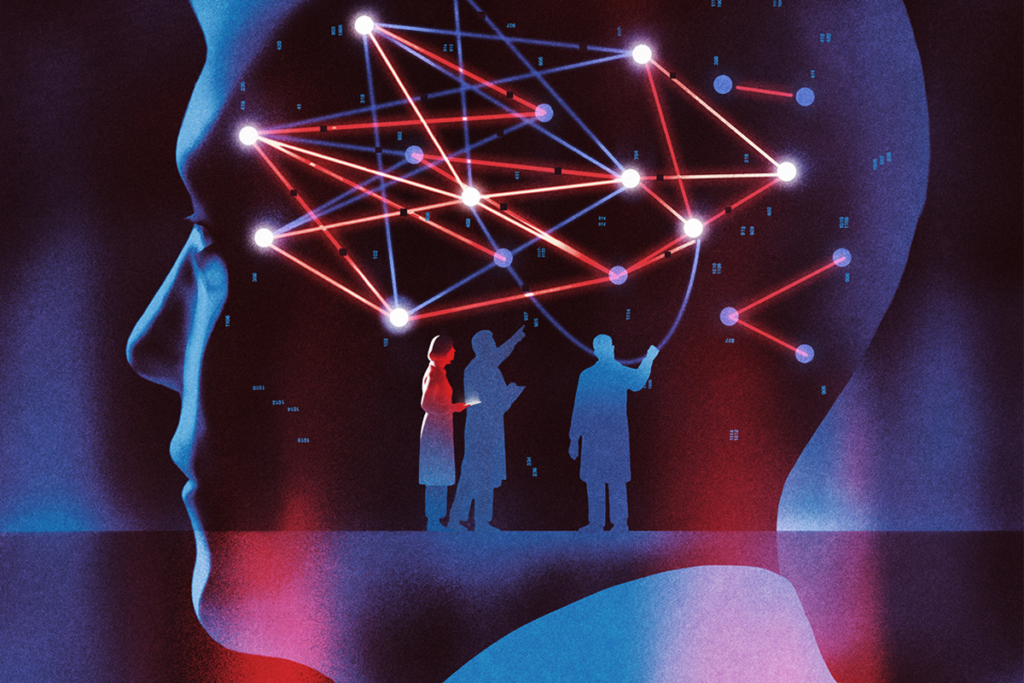
Computational psychiatry needs systems neuroscience
Dissecting different parallel processing streams may help us understand the mechanisms underlying psychiatric symptoms, such as delusions, and unite human and animal research.
This paper changed my life: John Tuthill reflects on the subjectivity of selfhood
Wittlinger, Wehner and Wolf’s 2006 “stilts and stumps” Science paper revealed how ants pull off extraordinary feats of navigation using a biological odometer, and it inspired Tuthill to consider how other insects sense their own bodies.
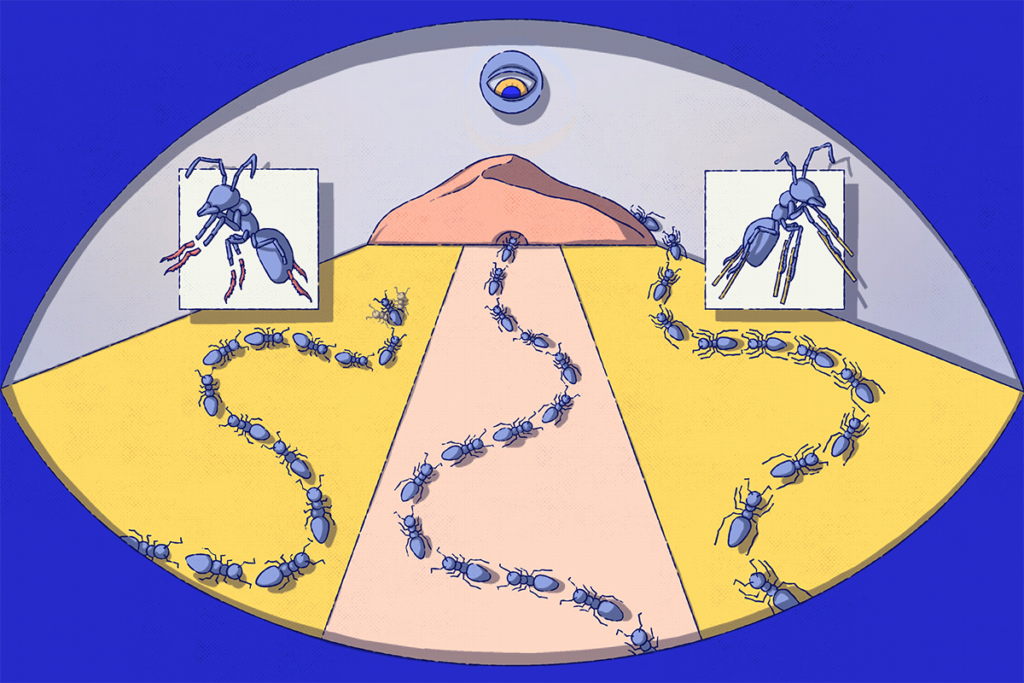
This paper changed my life: John Tuthill reflects on the subjectivity of selfhood
Wittlinger, Wehner and Wolf’s 2006 “stilts and stumps” Science paper revealed how ants pull off extraordinary feats of navigation using a biological odometer, and it inspired Tuthill to consider how other insects sense their own bodies.